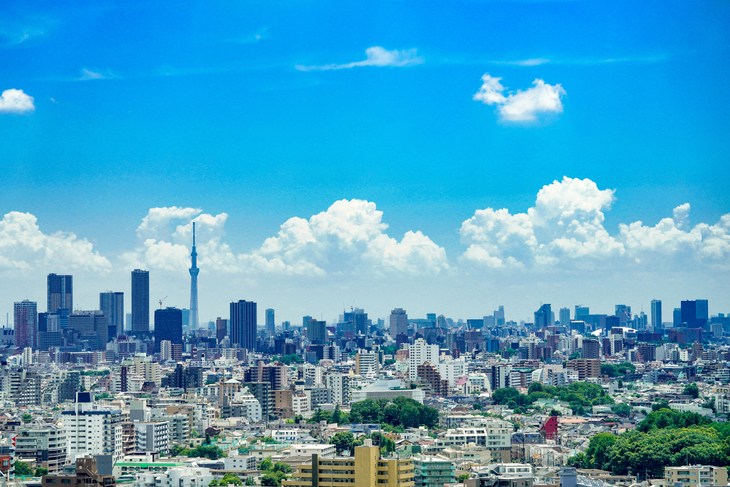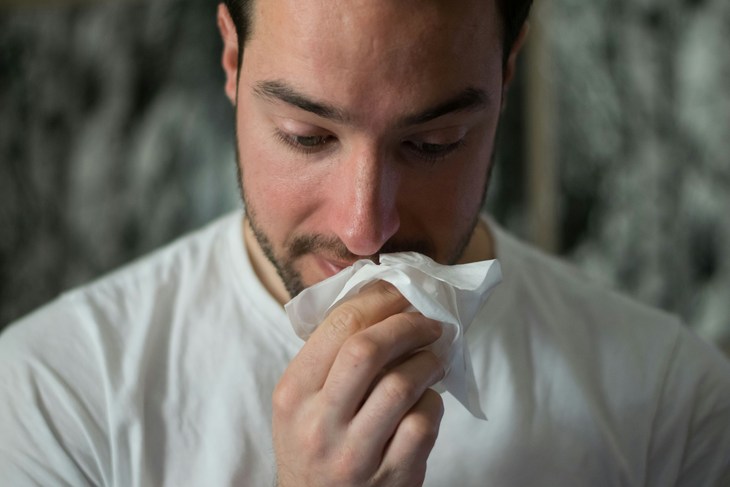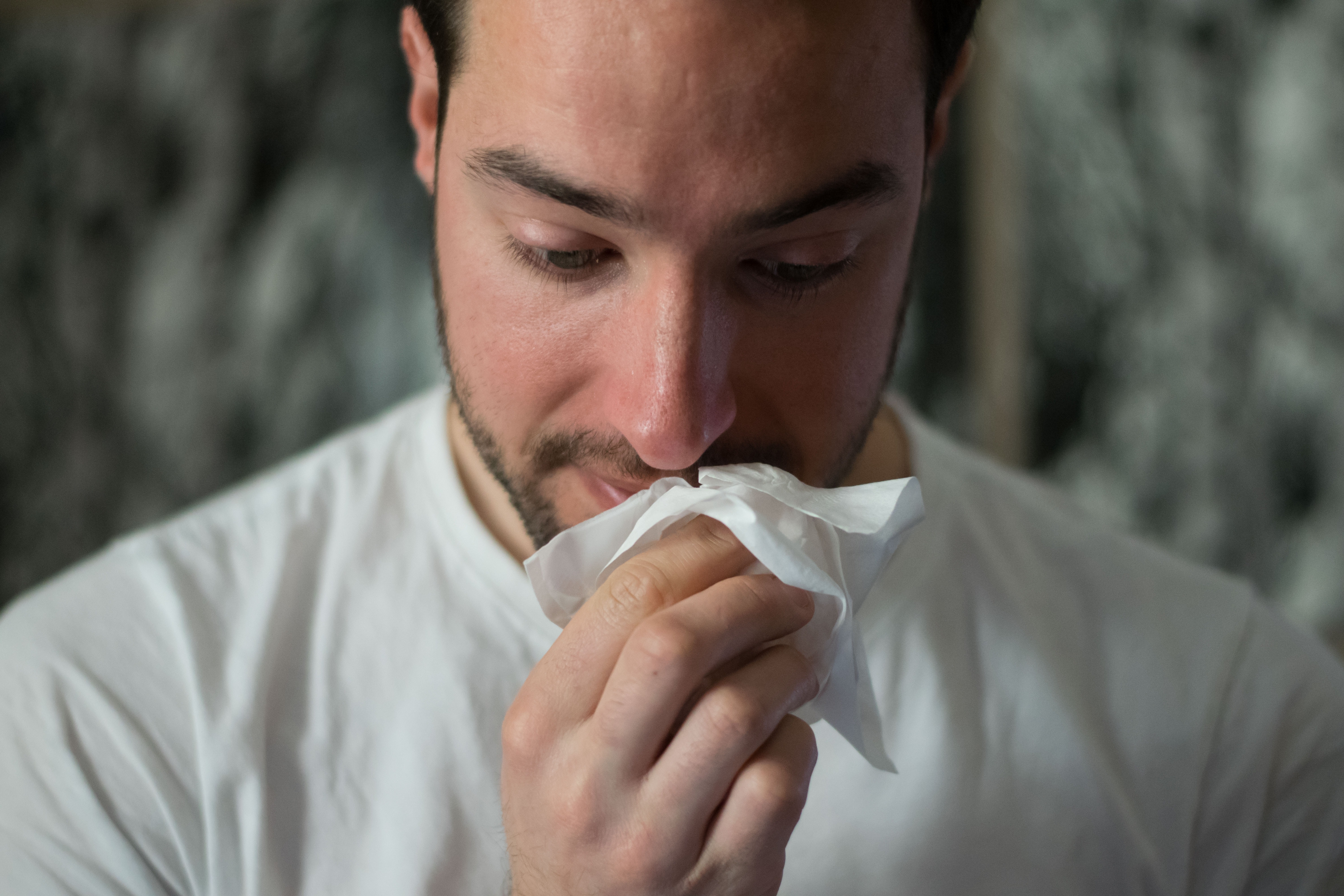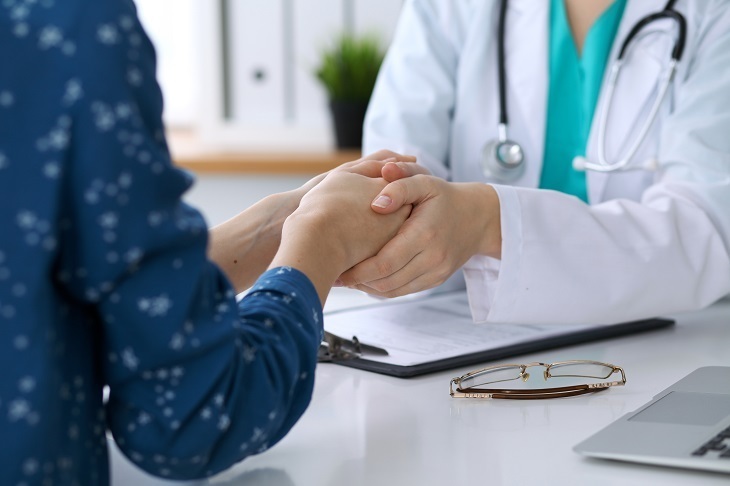How do I Find Reliable Information on Pharmacies and Medical Institutions in My Own Language?
When living in Japan, should you become injured or ill, you of course will rely on medical institutions for your care. We would like to go into detail about the characteristics of Japanese medical institutions, as well as how to use ''Himawari'', a website which allows users to search for medical institutions and pharmacies that provide foreign language support.

The Particulars of Japanese Medical Institutions
Whether it's a cold or an injury, when you get into trouble, it can be overwhelming to figure out how to proceed and at what medical institution to get help. Japanese medical institutions are divided into two categories by law, "Hospitals" and "Clinics". This blog will introduce the features of each of them.
・Hospitals:
Medical institutions that are equipped with facilities for doctors to properly care for 20 or more admitted patients are classified as hospitals. These include institutions such as college affiliated hospitals, which are university hospitals with a focus on advanced medicine, and general hospitals, which are large capacity hospitals that play a core role in regional medical care.
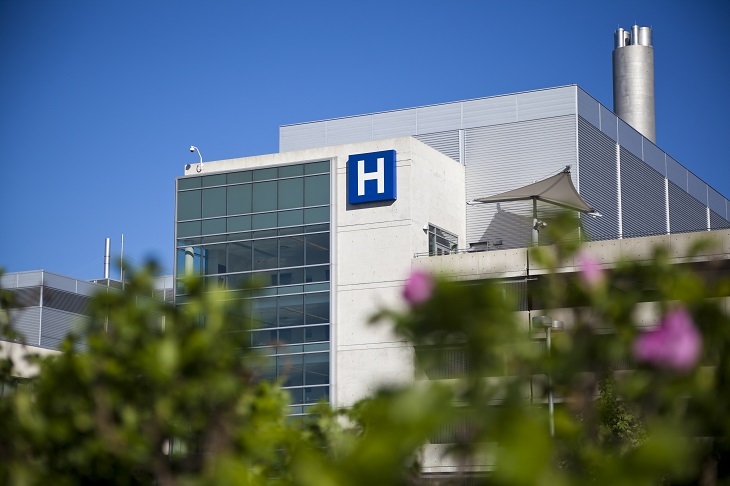
・Clinics
Facilities that focus on medical examinations, do not have hospitalization facilities, or those that can accomodate less than 20 patients are known as clinics. These medical instutions commonly have names like "●●診療所", "●●医院" or "●●クリニック". Dental clinics also fall into this category.
Clinics and Hospitals have different functions. Hospitals give priority to the treatment of patients with severe symptoms, such as acute diseases and severe accident injuries. On the other hand, clinics primarily deal with the treatment of mild symptoms such as colds or minor injuries. If you visit a hospital without any medical referral documentation, there may be additional charges. Therefore, if you need a consultation, it's a good idea to check on the internet or speak with neighbors or the hospital's staff.
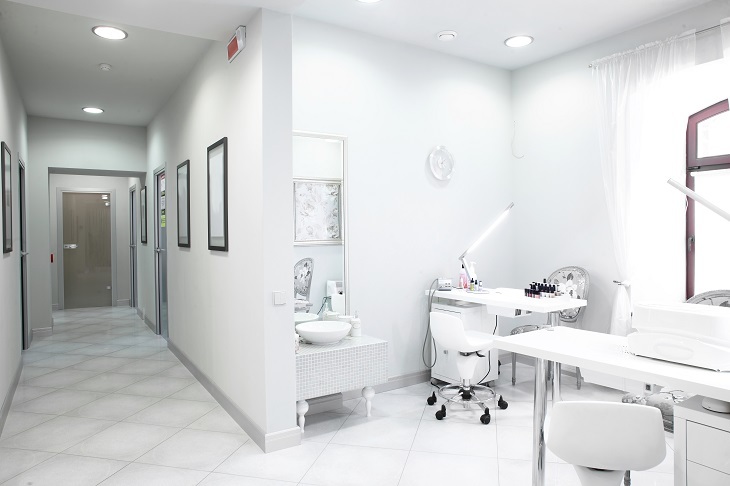
Himawari, a Website for Medical Institutions and Pharmacies In Foreign Languages
When researching medical institutions on the internet, Himawari comes highly recommended (https://www.himawari.metro.tokyo.jp/qq13/qqport/tomintop/). Should you need to go to a hospital or pharmacy in Tokyo, you can search Himawari to find operating hours, addresses, contact information, traffic access, etc for medical facilities that can help you in your own native language. Himawari can be translated into English, Simplified Chinese, and Korean. To use the translation function, click on the language button on the top right of the page.
When searching for a medical institution, please follow the below procedure:
1. In the search option that reads: "The foreign language to which it can correspond", be sure to check both your desired language and the fluency level you are comfortable (the top most option indicates the highest level of fluency, and the bottom most is the least fluent)
2. Search for the nearest medical institution by choosing your desired location and type of facility (this is found under the "consultation departments" section)
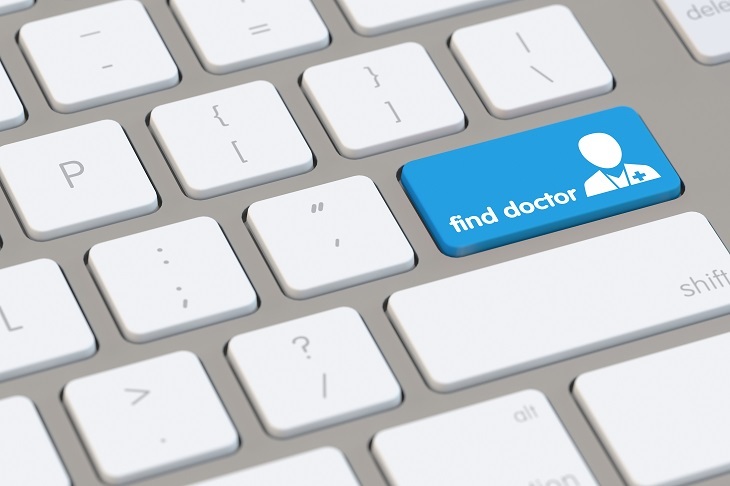
Once you've found an appropriate location, you can confirm your appointment and go to see the doctor. Since medical treatments can vary from country to country, it is a good idea to ask about the approximate costs of procedures and consultations ahead of time.
Further, The Tokyo Metropolitan Health and Medical Information Center offers information about medical institutions over the phone in a number of different languages.
・Tel:03-5285-8181
・Hours:9:00〜20:00 (Daily)
・Supported Languages: English, Chinese, Korean, Tai, Spanish

















